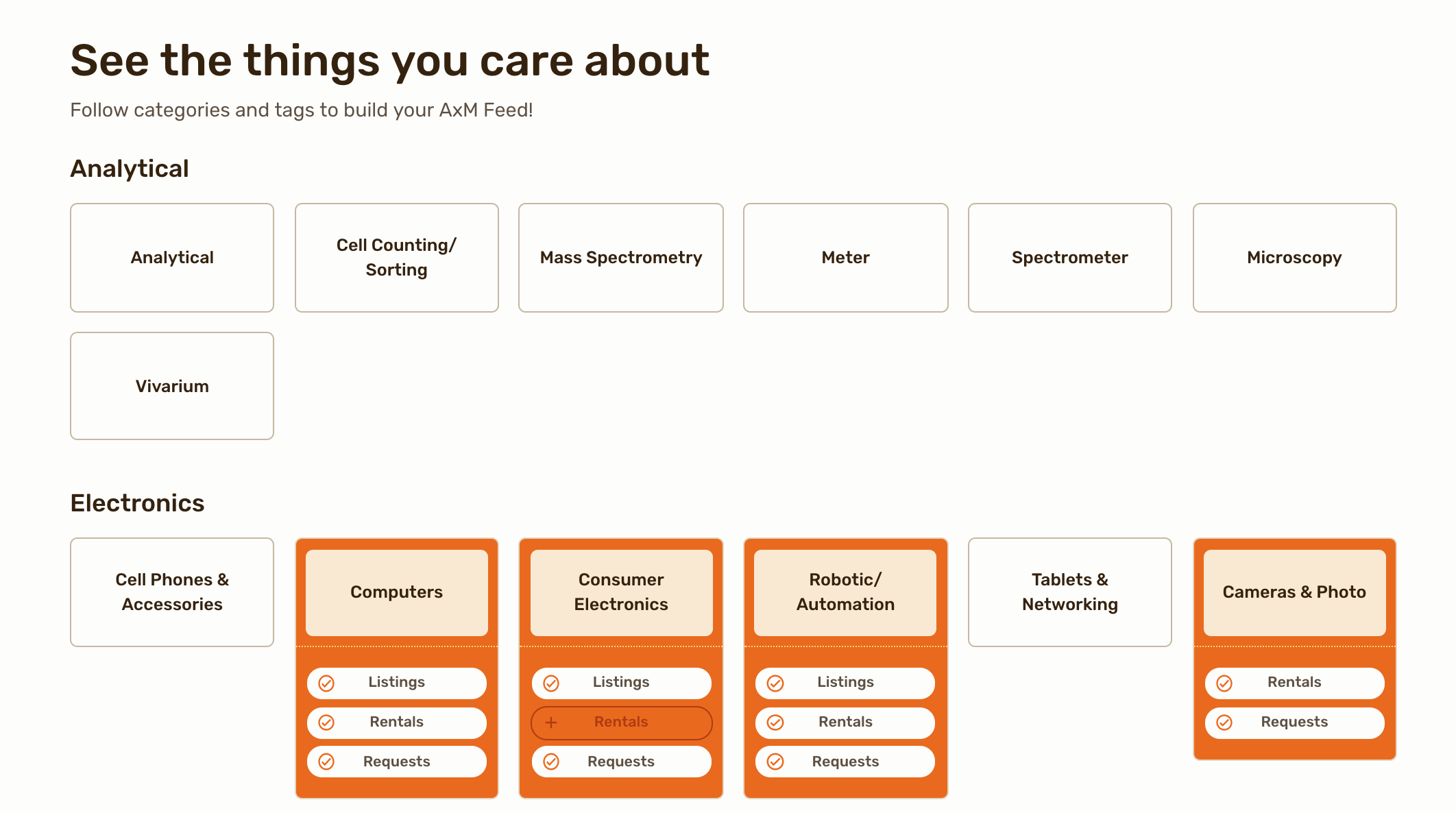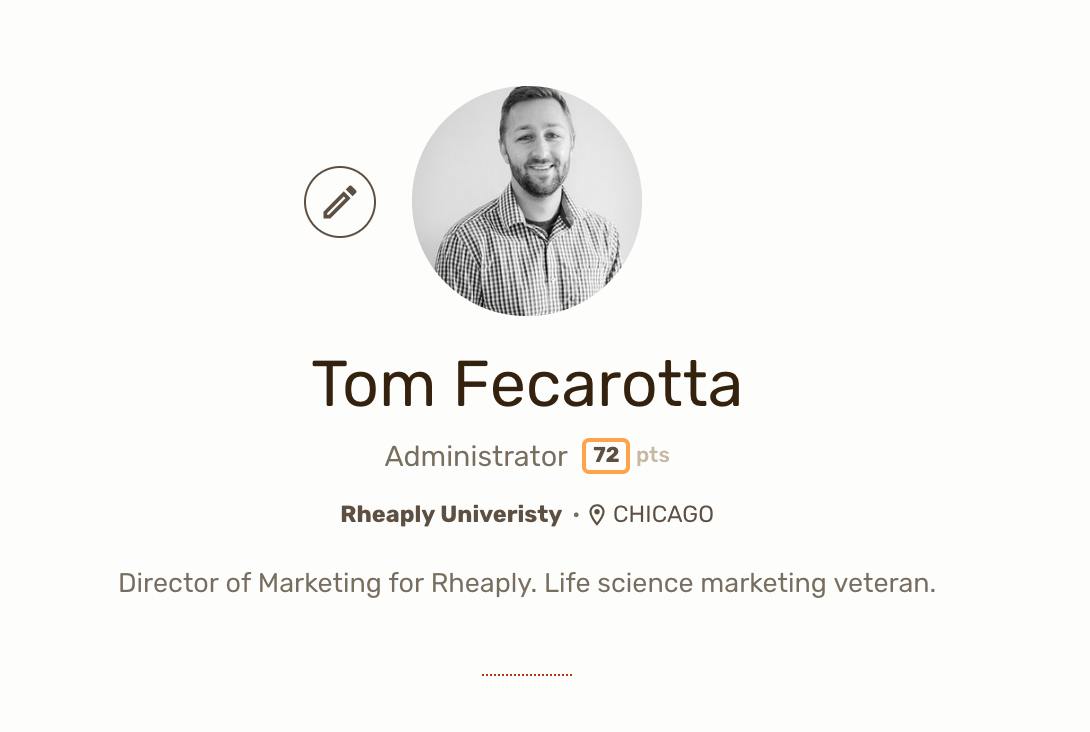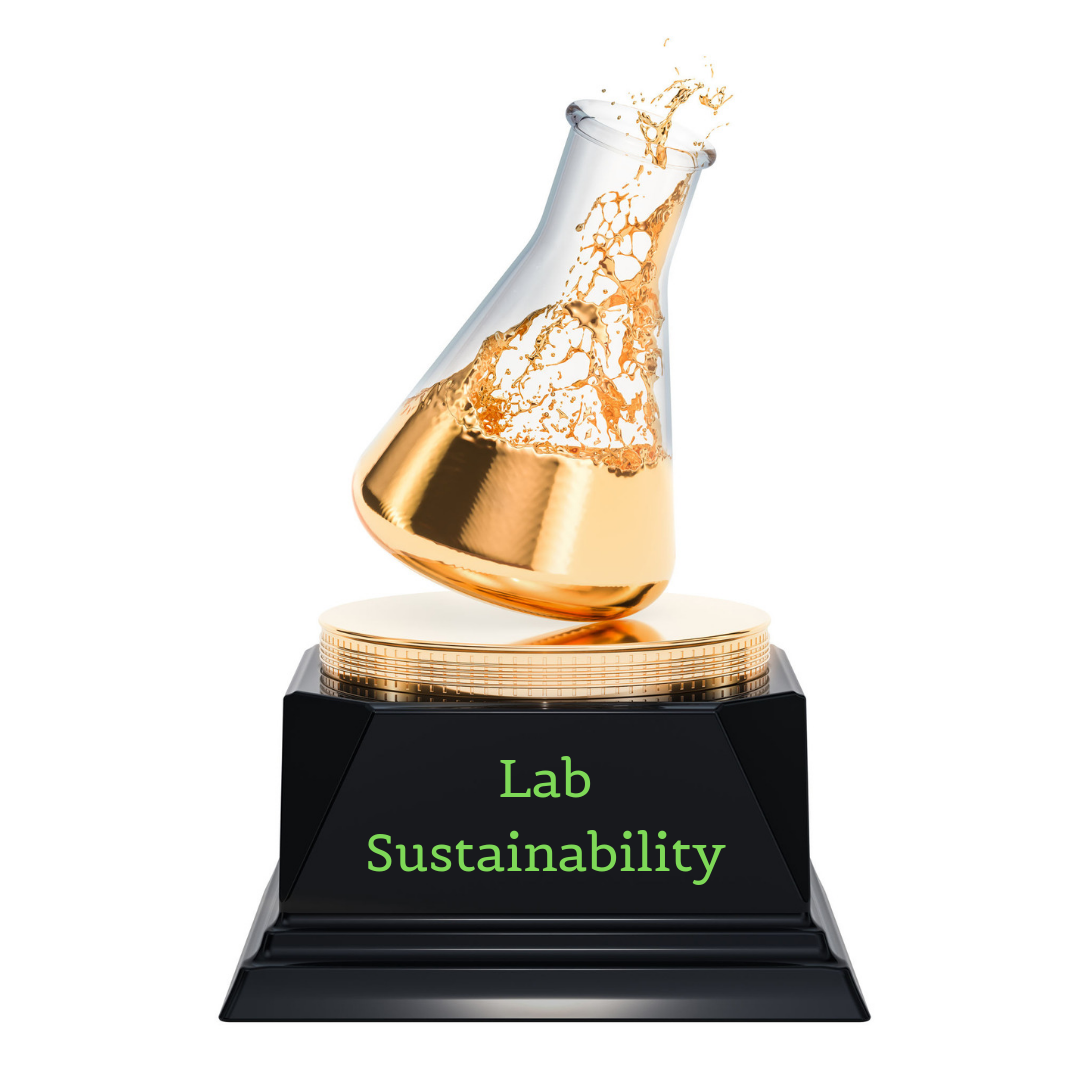What would you do after retiring from a life long career in a field you loved? In April Blodgett’s case, she saw a way to give back by enabling science education and new avenues of research with her volunteer work as the “Pipetting Pigeon”.
Labconscious thanks April for the following interview and her sizable positive contribution to cost savings and waste diversion for life science! We hope her story will inspire biologists to find similar opportunities to conserve scientific resources.
Read More












